Optimal Timing for Concrete Removal
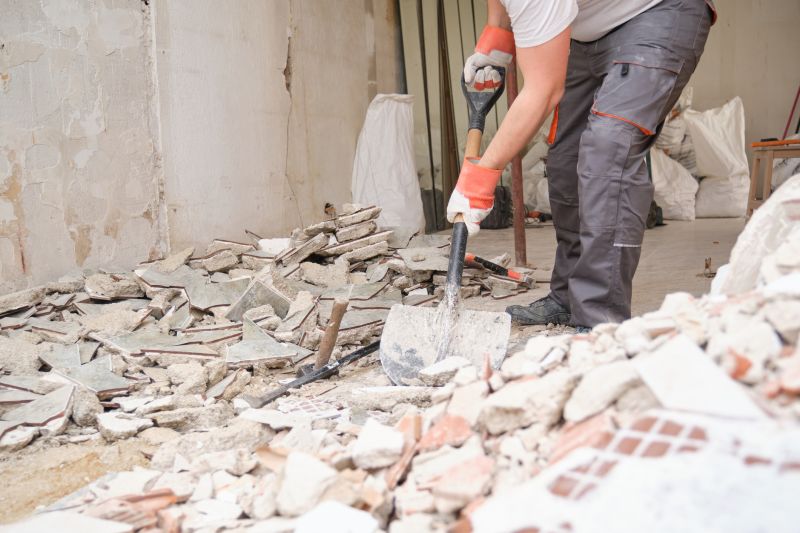
Spring offers moderate temperatures, making it ideal for concrete removal projects without the risk of extreme weather.
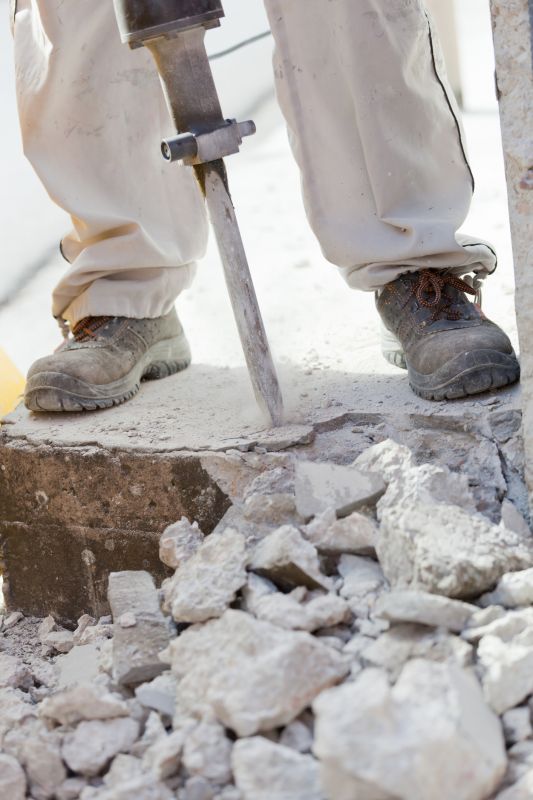
Summer provides longer daylight hours and warmer conditions, facilitating efficient removal and disposal processes.

Fall's cooler temperatures help prevent concrete from setting prematurely during removal, especially in regions with hot summers.

Ways to make Concrete Removals work in tight or awkward layouts.
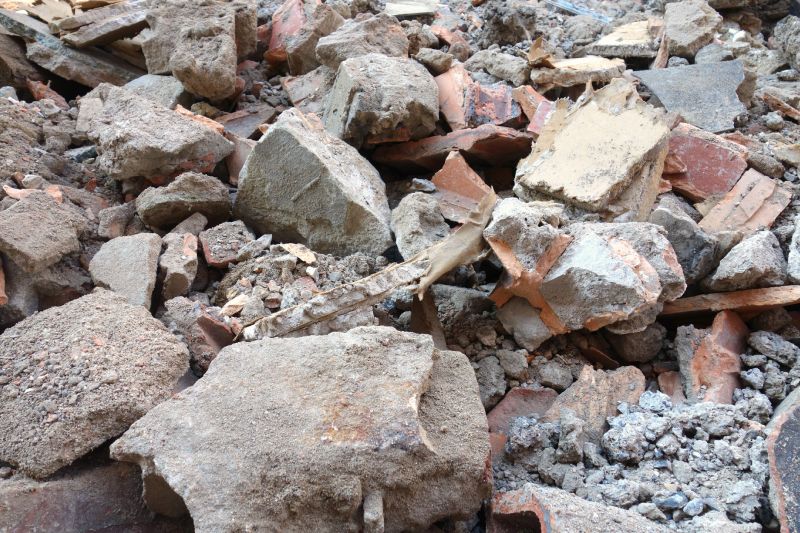
Popular materials for Concrete Removals and why they hold up over time.
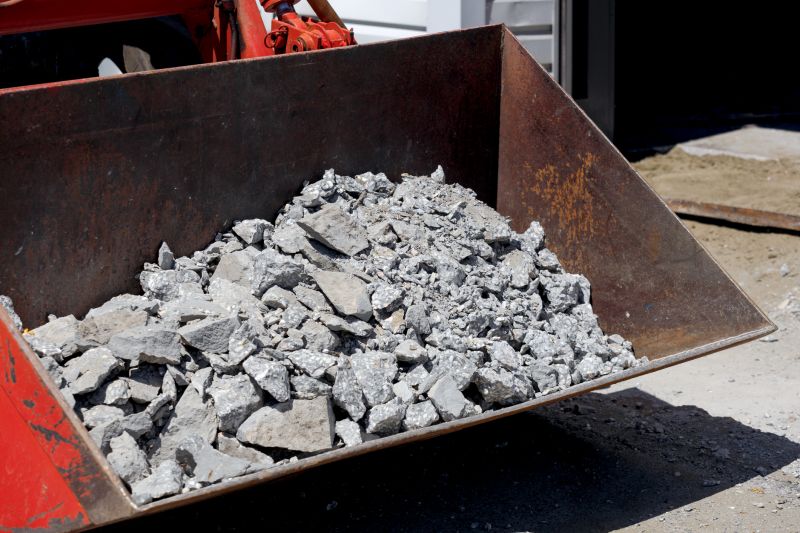
Simple add-ons that improve Concrete Removals without blowing the budget.
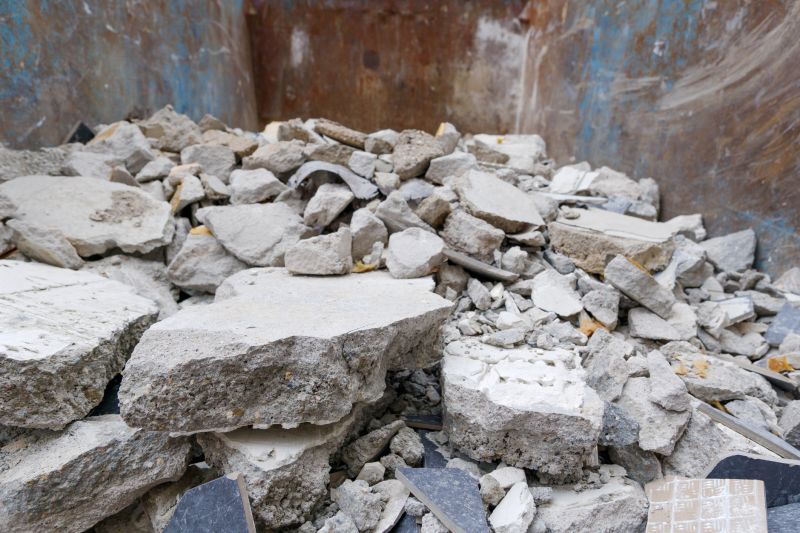
High-end options that actually feel worth it for Concrete Removals.
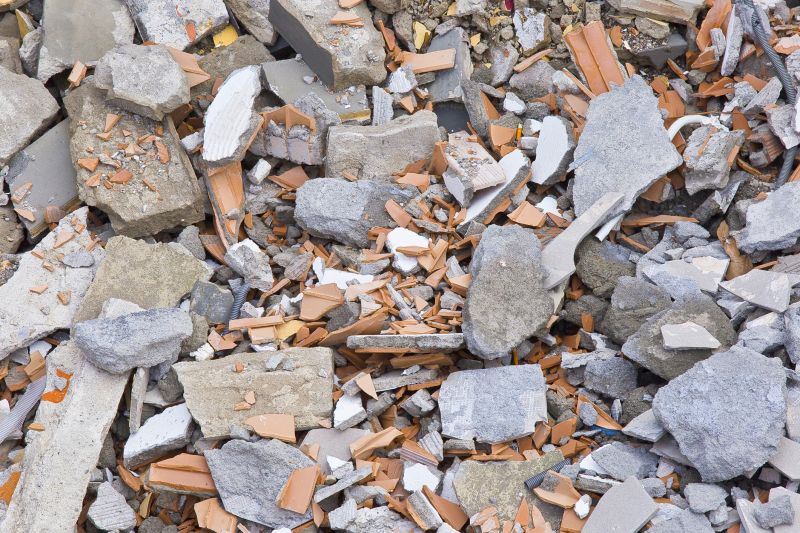
Finishes and colors that play nicely with Concrete Removals.
Concrete removals are a critical step in renovation, repair, or site preparation projects. Proper timing ensures safety, efficiency, and cost-effectiveness. The best time to undertake concrete removal depends on local climate conditions, project scope, and specific site considerations.
Statistics indicate that scheduling concrete removal during moderate weather conditions reduces delays caused by weather-related issues. For example, in regions with distinct seasons, spring and fall are optimal for avoiding extreme heat or cold, which can compromise the removal process and the integrity of remaining structures.
Temperature fluctuations affect concrete's hardness and removal ease. Cooler temperatures slow down processes, while excessive heat can cause cracking.
Scheduling during dry seasons minimizes delays caused by rain or snow, ensuring safer and more efficient removal.
Off-peak seasons may offer cost advantages due to lower demand for removal services.
Avoiding extreme weather reduces safety risks and potential damage to surrounding structures.
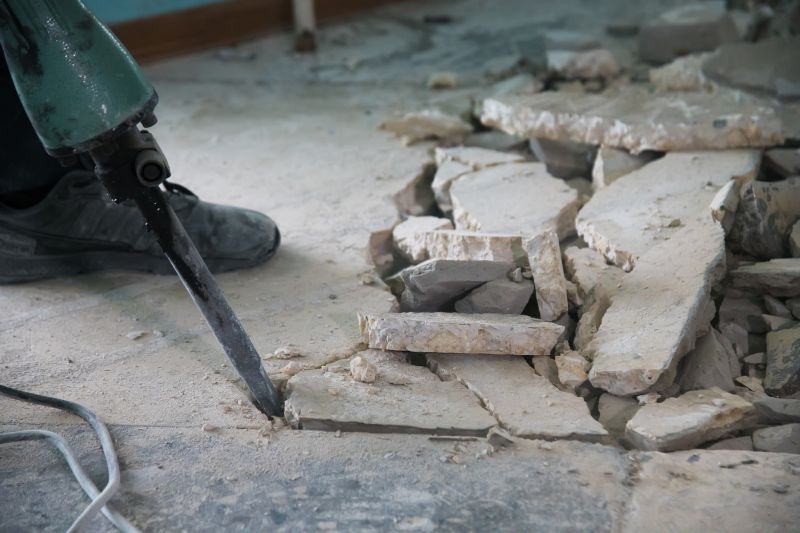
Optimal for moderate temperatures and easy scheduling.
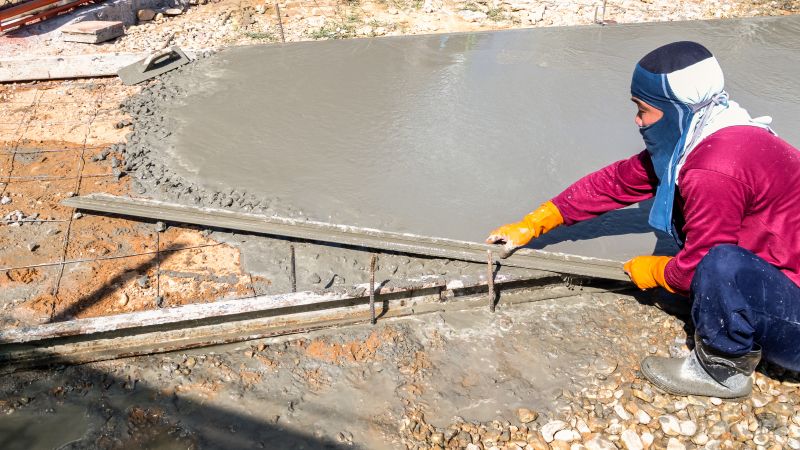
Ideal for longer work hours and warmer conditions.
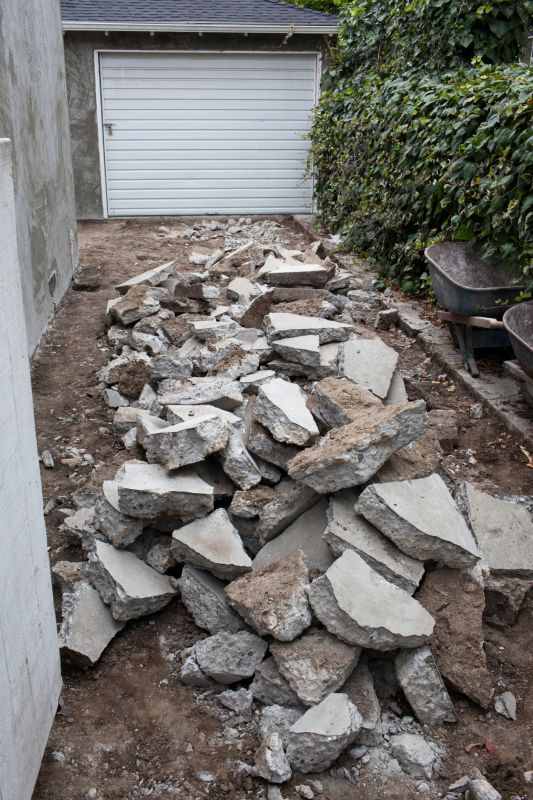
Suitable for cooler weather and fewer weather disruptions.
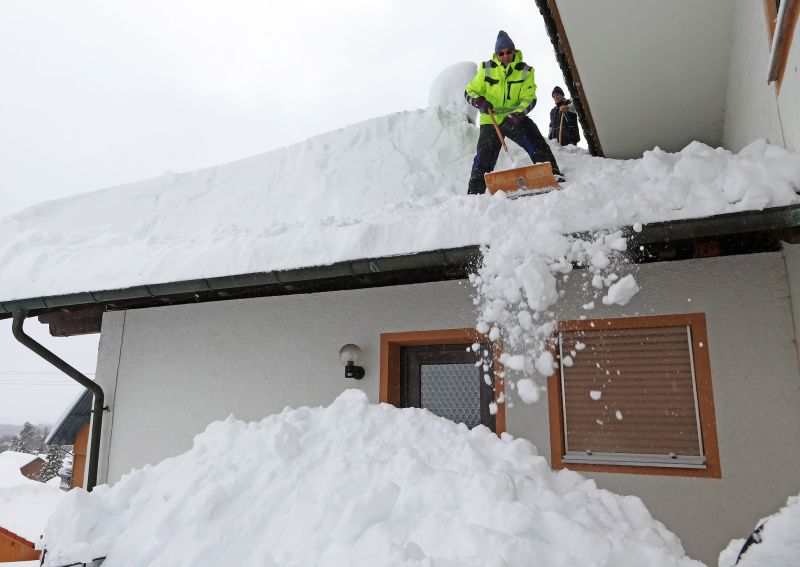
Generally less ideal due to cold and potential for snow or ice.

Little measurements that prevent headaches on Concrete Removals day.
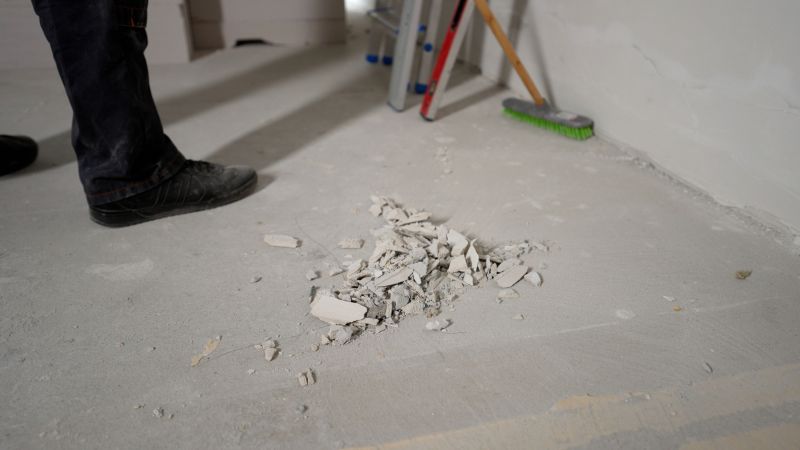
A 60-second routine that keeps Concrete Removals looking new.
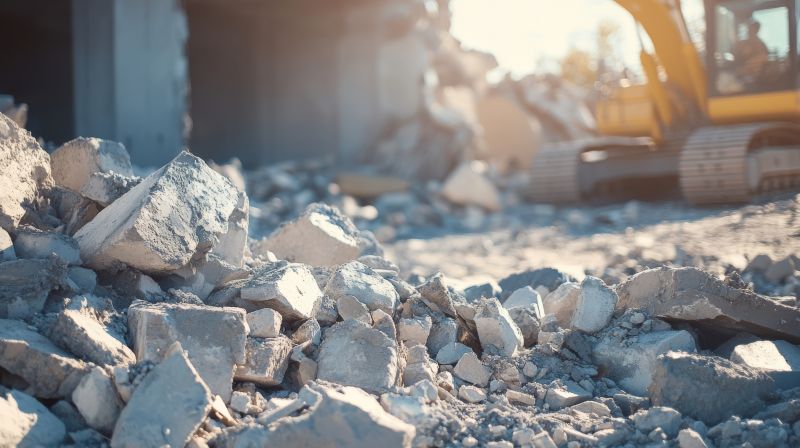
A frequent mistake in Concrete Removals and how to dodge it.

Small tweaks to make Concrete Removals safer and easier to use.
| Season | Advantages |
|---|---|
| Spring | Moderate temperatures, longer days, good for scheduling |
| Summer | Warm weather, extended work hours, quick removal |
| Fall | Cooler temperatures, less rain, good for planning |
| Winter | Less suitable due to cold, snow, and ice |
Choosing the right time for concrete removal can influence project timelines, safety, and costs. Proper planning around seasonal weather patterns helps ensure a smooth process and minimizes potential delays.
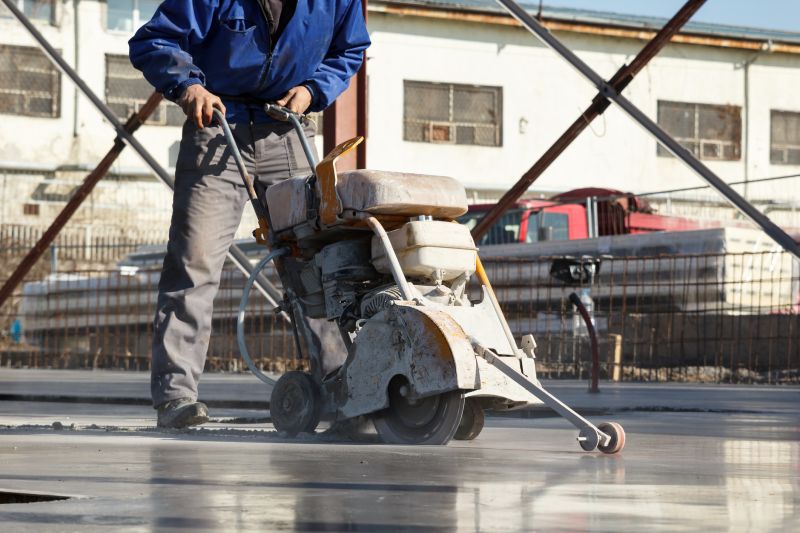
Specialized tools and machinery facilitate efficient removal regardless of season.
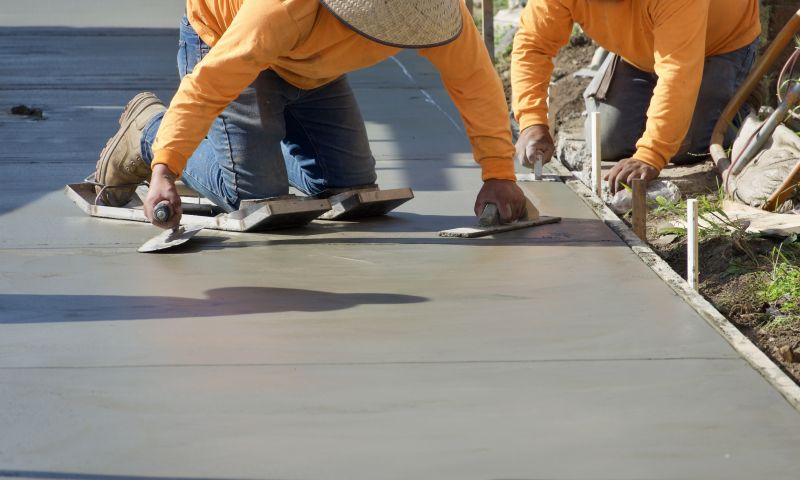
Scheduling with weather forecasts in mind reduces risks associated with extreme conditions.
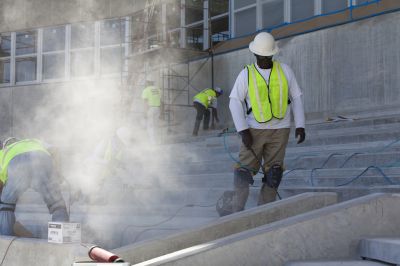
Preparing the site before removal ensures safety and efficiency during the process.
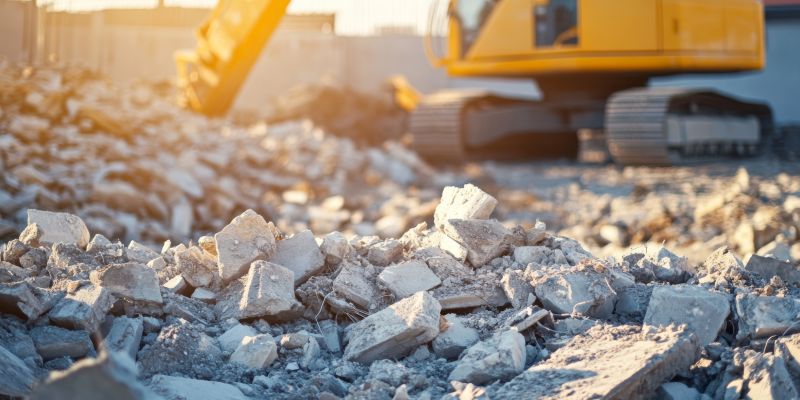
Clear sites enable faster cleanup and preparation for subsequent construction or landscaping.
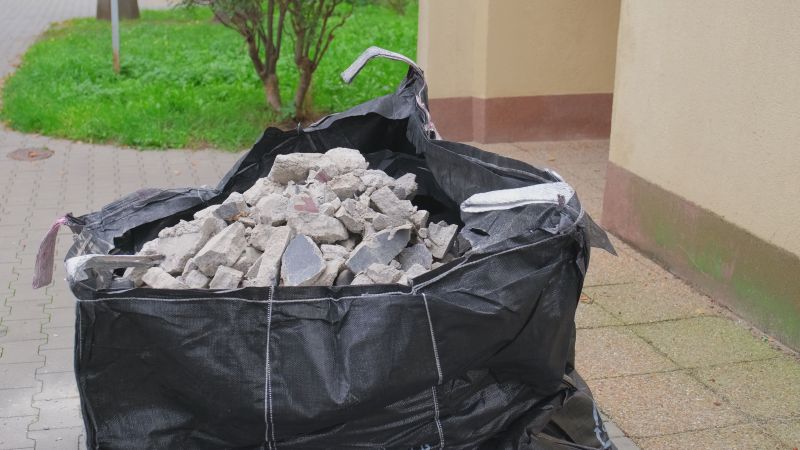
Lower-waste or water-saving choices for Concrete Removals.
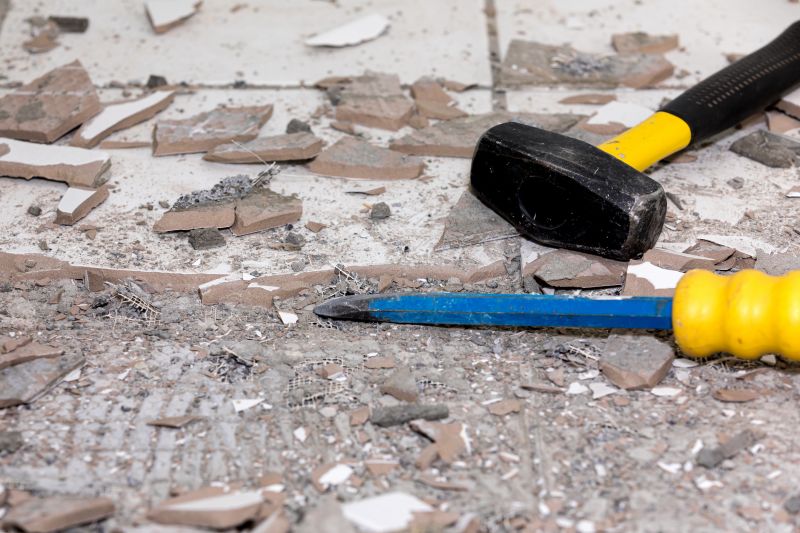
The short, realistic tool list for quality Concrete Removals.
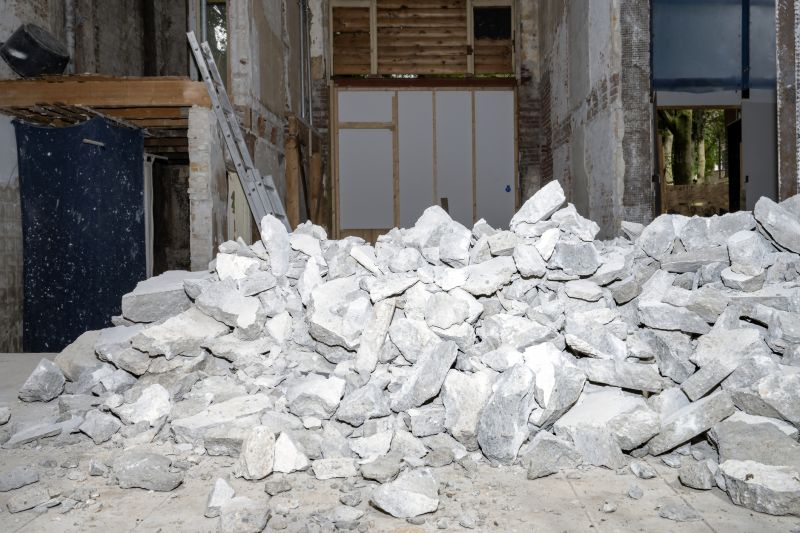
Rough timing from prep to clean-up for Concrete Removals.
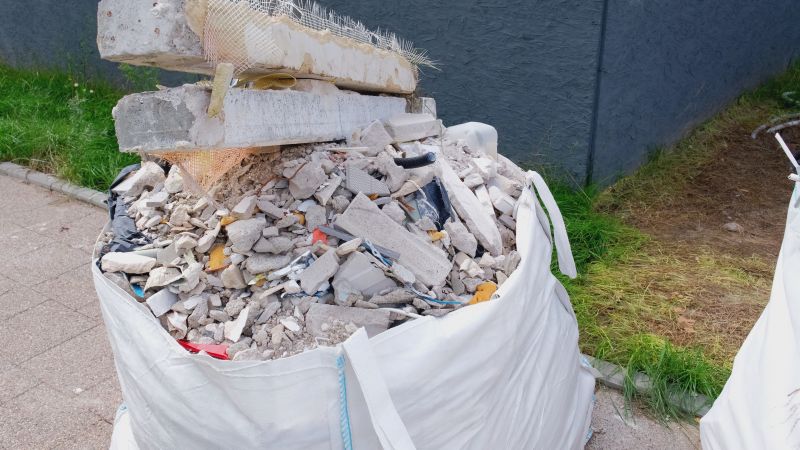
Quick checks and paperwork to keep after Concrete Removals.
Interested parties should consider local climate patterns and project needs when planning for concrete removal. Proper timing can lead to safer, faster, and more cost-effective results.
Contact for more information or to schedule a concrete removal consultation. Filling out the contact form provides the necessary details to assist with planning and execution.
